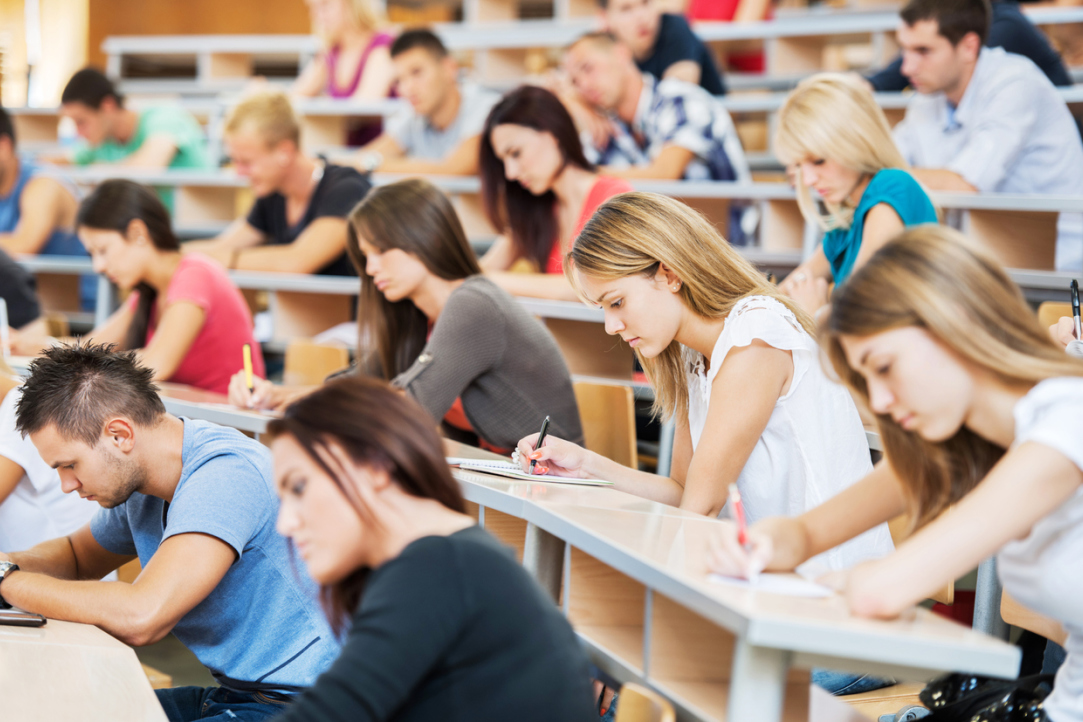
Self-Education Is Gaining Popularity Among Adult Russians, HSE Survey Shows
From 2015 to 2019, the involvement of adults aged 25–64 participating in self-education increased from 21% to 37%. At the same time, the most noticeable increase is observed in large cities and among people with higher education, as evidenced by data produced by the HSE University sociological survey ‘Practices of Self-Education Among the Adult Population of Russia’ conducted as part of the ‘Monitoring Economics of Education’ project.

When More Is Not Merrier: How Education Helps Overcome Social Inequality
‘The Tragedy of Inequality: Dehumanizing the “Total Human”’ was the dramatic title of a recent seminar held by the HSE Institute of Education. Inequality leads to marginalization of specific individuals and groups. The availability of high-quality education may help decrease the problem.

Negative Reviews Boost Sales
Aleksei Smirnov, Assistant Professor, HSE University Faculty of Economic Sciences, and Egor Starkov, Assistant Professor, University of Copenhagen, have constructed a mathematical model that explains why it is advantageous for sellers not to delete negative reviews of their products. A study detailing this conclusion has been accepted for publication in The American Economic Journal: Microeconomics.

Russians Are Switching to Wine and Beer: Alcohol Consumption Patterns are Increasingly Dependent on Non-Economic Factors
Social class does not strongly influence the kind of alcohol Russians drink. Gender, age, education and place of residence are more important. For example, young people prefer beer, wines are primarily popular among women, and ‘moonshine in combination with other drinks’ are mainly consumed by the older age groups. This was the conclusion reached by HSE University researchers.

Managing Climate Risk: How to Adapt Regions to Changes
An applied research project being carried out by the HSE Laboratory for Economics of Climate Change uses the example of the Chechen Republic and the mountainous areas of Krasnodar Krai to create a model of climate risk evaluation and management for Russian regions. Laboratory heads Igor Makarov and Ilya Stepanov talk about the threats presented by global climate change, about whether the pandemic will slow it down, and why a multifaceted approach is essential.

Lower Rates of Self-isolation Observed in Low Income Areas
Researchers at HSE and Lomonosov Moscow State University analyzed data on Russians’ movements during the first wave of the COVID-19 pandemic. Their analysis showed that residents of lower-income municipalities self-isolated less compared to residents of higher-income cities. The findings were published in the journal Environment and Planning A.

A Biased Evaluation of Employees’ Performance Can Be Useful for Employers
In assessing an employee’s performance, employers often listen to his immediate supervisor or colleagues, and these opinions can be highly subjective. Sergey Stepanov, an economist from HSE University, has shown that biased evaluations can actually benefit employers. An article substantiating this finding was published in the Journal of Economic Behavior and Organization.

Russians’ Social Well-Being: How the Pandemic is Changing Society
In 2020, against the backdrop of the coronavirus crisis and other global challenges that are increasing uncertainty, HSE University social scientists recorded the most significant shift in people’s perception of current fundamental social and economic issues. In particular, respondents expressed increased approval of the government, higher demands of it, as well as higher levels of ‘profound’ civic activity and self-confidence.

Project 5-100 Universities See a Dramatic Increase in Publications in Leading Journals
A team of HSE researchers—Nataliya Matveeva, Ivan Sterligov, and Maria Yudkevich—have analyzed the research activity of universities participating in Russia’s Academic Excellence Project 5-100. Overall, the quality of publications of these universities has improved. Collectively, participating universities have tripled their number of publications in reputable journals in the past three years, and researchers have begun to collaborate with each other more frequently. The study was published in the Journal of Informetrics.

Academic Dishonesty: Fear and Justifications
End-of-term exams have just finished in many universities operating on the modular system. Some students passed because they worked hard while others passed by cheating. Why do some students cheat by looking over someone's shoulder, furtively searching for test answers on the internet, using cheat sheets during exams or paying others to complete their coursework? A study conducted by the HSE Centre for Sociology of Higher Education offers some answers.


Submissions are open until October 13